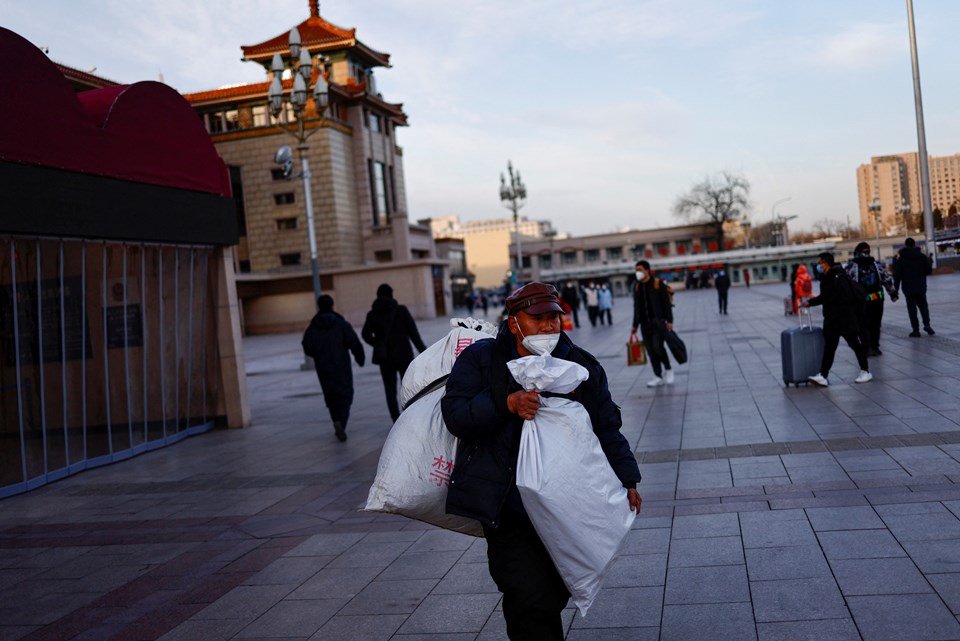[ad_1]
In the statement made by the social networking site Weibo, it was stated that 1120 accounts, in which 12 thousand 854 messages “containing personal attacks on experts, academics and health workers” and “provocative messages related to Covid policy” were examined, were temporarily or permanently closed “on the grounds that they violated the rules of the community”.
The company stated that it will continue to investigate accounts that make similar posts on the internet platform, which has more than 500 million active users, and will continue to remove their content.
While Weibo did not provide information about the content of the accounts and posts on which the measure was applied, it was noteworthy that some of the popular accounts that were banned were accounts with legitimate criticisms of the Covid-19 policy, without insults and provocation.
After the government’s decision to loosen strict control measures with a sudden policy change, political authority as well as health experts who advocate the old policy are facing criticism.

In addition, criticisms that the government and institutions are “unprepared” due to the problems encountered due to the rapid spread of the epidemic after the removal of the measures are expressed on social media channels.
Among the banned accounts, the Weibo account of Liu Chun, the Vice President of Phoenix New Media company registered in Hong Kong, with 12 million followers, has the most followers. Liu, on his deactivated account, on December 17, referred to the problems in the supply of medicines and said, “I wonder why cold medicines can’t be found? If this (policy change) had been planned earlier, production and logistics would not have been so helpless.”
ChineseIn Turkey, social media had become the most important medium in which the discontent created by the strict control measures, called “zero cases”, was expressed in the society during the epidemic period.
While the measures, which were applied repeatedly and for an indefinite period, without an exit plan, gradually tired the people, the discontent turned into the reactions expressed by the protests.
After the reactions, the Chinese government announced that it would relax the measures by making a sudden change in the zero-case policy in the last month of 2022.
After the relaxation of the measures, this time the virus spread rapidly in the country, the burden on the health system increased, and drug and test problems arose.
Follow NTV on social media
[ad_2]






